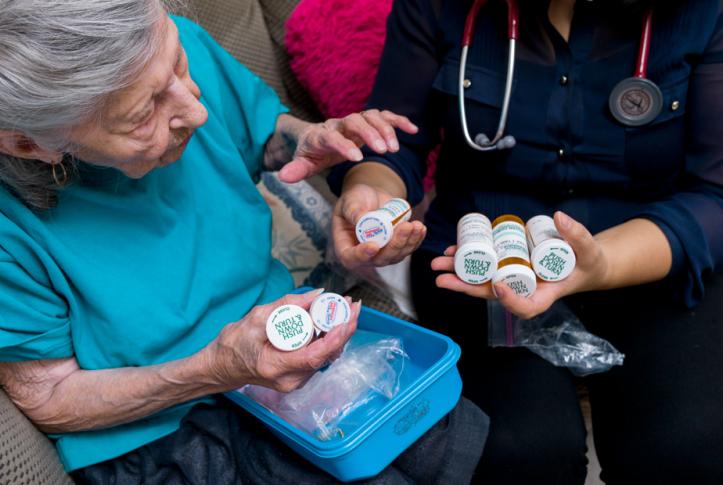Background
The United States, the United Kingdom, and New Zealand all have explored alternatives to medical malpractice suits. One of these is reconciliation, a process for enabling patients and their families to voice their concerns and seek possible redress for harm caused by a health care institution. In this study, former Commonwealth Fund Harkness Fellow Jennifer Moore explored factors that hinder or advance reconciliation.
What the Study Found
Moore and coauthor Michelle Mello interviewed patients injured by health care events, public hospital administrators, and lawyers and staff at New Zealand’s Accident Compensation Corporation, a government-operated organization that hears civil claims and confers financial compensation for personal injury damages. The researchers identified the following themes in these conversations:
- Patients and their families must be able to express their concerns early in the reconciliation process, and health care providers should ask them what they seek from it.
- Timely, sincere, and culturally appropriate apologies are important. Those interviewed cited monetary compensation as an important complement to an apology.
- Providers should choose their words carefully and be sensitive to the patient’s and family’s position. For example, patients reported that providers tend to use the term “resolution,” when patients may not feel that the issue can be adequately resolved.
- Patients should have a say in who participates in the reconciliation process. In particular, patients expressed a desire to meet with the practitioners involved in the adverse event.
- Patients value the support of lawyers and patient-relations staff throughout the reconciliation process.
Conclusions
The study confirms previous research on the elements necessary for effective reconciliation—explanation, apology, compensation, and learning. It also highlights the additional importance of ensuring that the patient’s viewpoint is heard early in the process.



